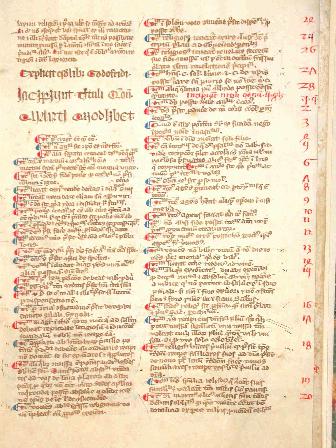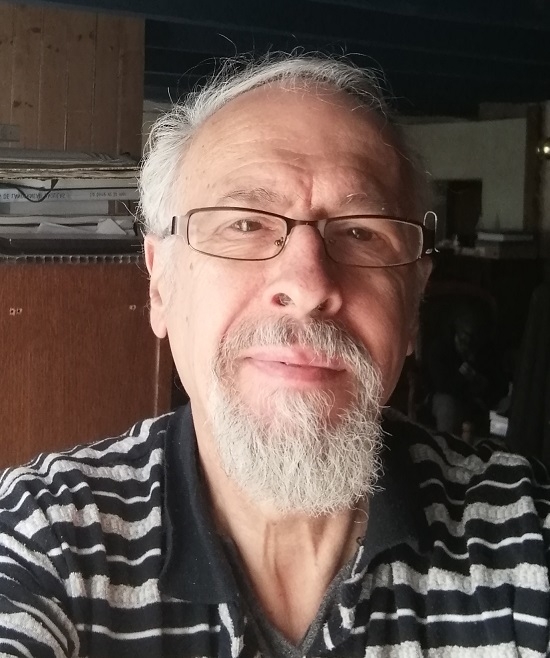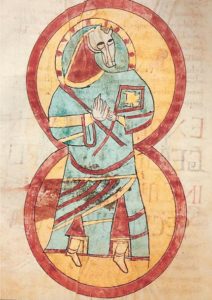Catholic University of America Acquires Rare Manuscript of 13th Century Philosopher
 Some seven centuries after his death, the Belgian-born philosopher Godfrey of Fontaines was celebrated at the unveiling on October 29th of the only manuscript of his works to reach the United States. Godfrey, together with Henry of Ghent, and Giles of Rome, was one of the three most prominent philosopher-theologians to serve as Masters in the Theology Faculty at the University of Paris between the death of Thomas Aquinas in 1274 and Johns Duns Scotus’s relatively short period there as a Master early in the 14th century. Godfrey himself was regent Master there from 1285 to ca. 1303/4.
Some seven centuries after his death, the Belgian-born philosopher Godfrey of Fontaines was celebrated at the unveiling on October 29th of the only manuscript of his works to reach the United States. Godfrey, together with Henry of Ghent, and Giles of Rome, was one of the three most prominent philosopher-theologians to serve as Masters in the Theology Faculty at the University of Paris between the death of Thomas Aquinas in 1274 and Johns Duns Scotus’s relatively short period there as a Master early in the 14th century. Godfrey himself was regent Master there from 1285 to ca. 1303/4.
The newly-acquired MS. 266 is an early 14th century version of Godfrey’s most significant work, his Quodlibeta, with this particular copy containing Quodlibets 3 through 13. Godfrey’s Quodlibeta, delivered between 1285 and 1303/1304, totaled fifteen in number and document the question and answer format used for philosophical teaching in the Theology Faculty at Paris and elsewhere. On a designated day, a master of theology undertook to receive questions about any topic (de quolibet) from any qualified person (a quolibet) in the audience. The organized and transcribed responses to such questions are preserved in manuscripts of quodlibeta such as this.
Monsignor Wippel went on to note that this manuscript is of especial importance as one of few containing a shorter version of the Quodlibets. Not all quodlibets exist in both long and short versions and the reason for the existence of these different versions in Godfrey’s case remains a topic of speculation and research. According to CUA’s Professor Timothy Noone, who has compared MS. 266 with a few questions edited from two other manuscripts containing the shorter version, there are significant textual differences between it and the others. Of further note is the fact that Godfrey’s works, unlike those of Aquinas or Scotus, were not put into print until the 20th century and only in manuscripts such as MS. 266 can scholars find reliable early witnesses to his writings.
Dr. Scott Gwara, Professor of English and Comparative Literature
Department of English
University of South Carolina
Columbia, SC 29208 (USA)
Leave a comment
PAGES ANNEXES
Auteur du blog : Jean-Luc DEUFFIC




